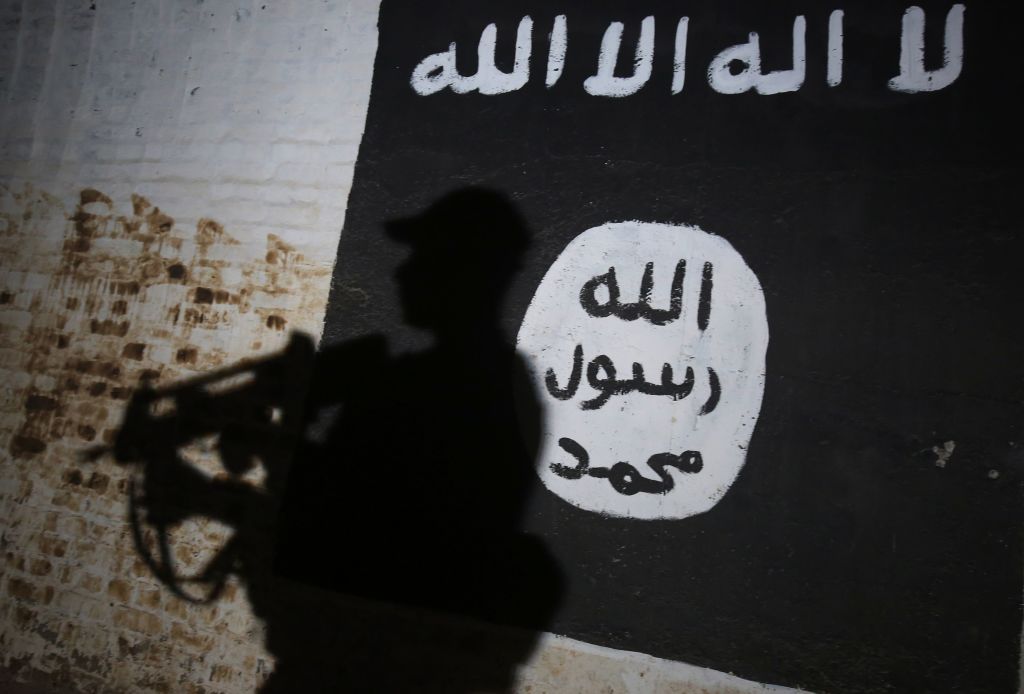Isis supporter Sahayb Abu has been convicted of plotting a sword attack on the streets of Britain. But the 27-year-old isn’t the only member of his family who has succumbed to extremist ideology.
In 2015, two of Abu’s half-brothers joined Isis in Syria; both are believed to have died in the fighting. In 2018, another half-brother Ahmed Aweys and half-sister Asma Aweys and her partner were jailed for terror offences, including sharing Isis material in a family chat group
The case of Abu is just one of a number in the UK in recent years which have seen multiple family members committing terrorist offences together, or who have committed separate terror offences over time. So what do these – and other recent cases involving family connections – tell us?
In May 2016, terrorist organiser Abdalraouf Abdallah was jailed for helping others join Isis in Syria. One of those Abdallah ‘helped’ was his own brother, Mohammed Abdallah, 26, who in 2017 was found guilty of possessing an AK47 gun, receiving £2,000 for terrorism purposes and being a member of Isis.
Friendship bonds are at least as important as family bonds in the spread of radical views
That same year, Manchester bomber Salman Abedi killed 22 people and injured hundreds more in a suicide attack at a pop concert at the Manchester Arena. His older brother, Hashem was later convicted of assisting with the planning of the attack, and jailed for a minimum of 55 years. It subsequently emerged that the father of the Abedi brothers, Ramadan, had fought with Islamist forces as part of their attempts to overthrow the Gaddafi regime in Libya.
Then, in 2018, teenager Safaa Boular, from London, was jailed for life for preparing an act of terrorism in the UK, after her attempt to travel to Syria to join Isis was thwarted by the authorities. Her older sister, Rizlaine Boular, 22, was also jailed for life for her role in the planned attack. Also convicted was the girls’ mother, Mina Dich, 44, who was jailed for just over six years for assisting her daughters.
These cases are just some of the examples of terrorist offending in the UK involving multiple members of the same family. Worryingly, this is a pattern seen elsewhere around the world. And it is one that Britain must guard against in its fight against extremism.
Counter-terrorism expert Marc Sageman’s 2004 sample of 150 global jihadists found that around 75 per cent of these individuals had pre-existing social bonds with others already involved in the global jihad, or decided to join as a group alongside relatives or friends; Christine Fair’s study of the families of 141 dead Pakistani militants identified that nine per cent were recruited by relatives, and 35 per cent through a friend.
This pattern does not only apply to jihadists. Donatella Della Porta’s 1988 research on Italian left-Wing terrorists found that a quarter had at least one relative already involved in the movement. In most cases, this was a brother or sister, or husband or wife; around 70 per cent had at least one friend already involved. Spanish radicalisation expert Fernando Reinares’ 2004 study of Euskadi Ta Askatasuna (ETA) militants identified that female group members almost exclusively cited their pre-existing intimate relationships with boyfriends or husbands as the reason for their involvement with the group.
Rather than unearthing some special explanatory quality unique to the family unit, the research shows that friendship bonds are at least equally as common and important as family bonds in the spread of radical views.
In their work examining network connections in the provisional Irish Republican Army (PIRA), terrorist behaviour specialist professor Paul Gill and colleagues found that members tend to seek out ‘similar others’ for purposes of being able to more easily communicate, better predict others’ behaviour, and more easily form trusting relationships.
Research on social movements has consistently shown the importance of trust in an individual’s initial engagement with a group. It’s no surprise that the levels of trust commonly seen in family and friendship groups can be important for explaining why terrorists follow in the footsteps of those they already know.
Tight-knit social environments which are often seen in relationships between relatives and friends are ideal for the safe development of a shared ideology. They also increase confidence in their collective ability to maintain a level of operational security necessary to plan, prepare and execute terrorist attacks. There is less fear of outsider infiltration, and a much reduced risk of insider betrayal or defection.
So what can we learn from previous cases and research on family and friendship-based terror networks, and how can we operationalise this learning to help prevent future cases?
The harsh sentences handed out to convicted terrorists are only part of the solution. Surely it’s better still to prevent vulnerable siblings, children, and members of an immediate friendship group from becoming radicalised in the first place?
The government’s Channel programme, a ‘safeguarding programme that supports people who are vulnerable to radicalisation’, is an important part of this process. It’s vital that this support is offered to all siblings, children, and members of an immediate friendship group of all individuals either convicted of terror offences, or who are assessed as being vulnerable to radicalisation. After all, breaking the spread of radical and extremist views through family and friendship groups can play a significant role in preventing future terrorist atrocities in the UK.






Comments